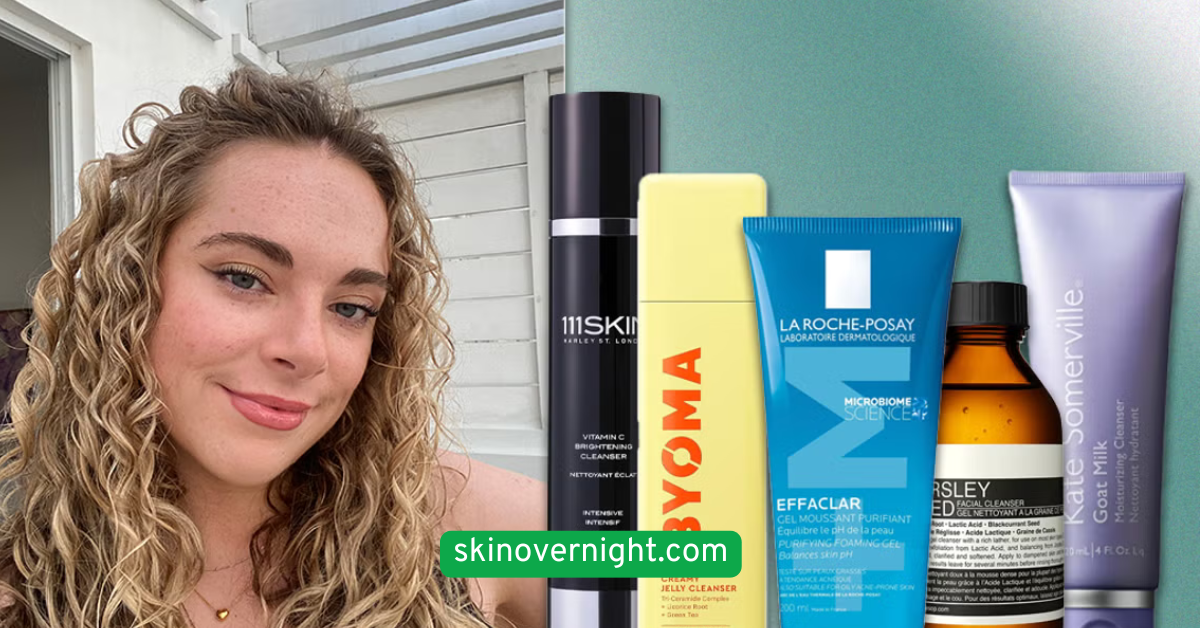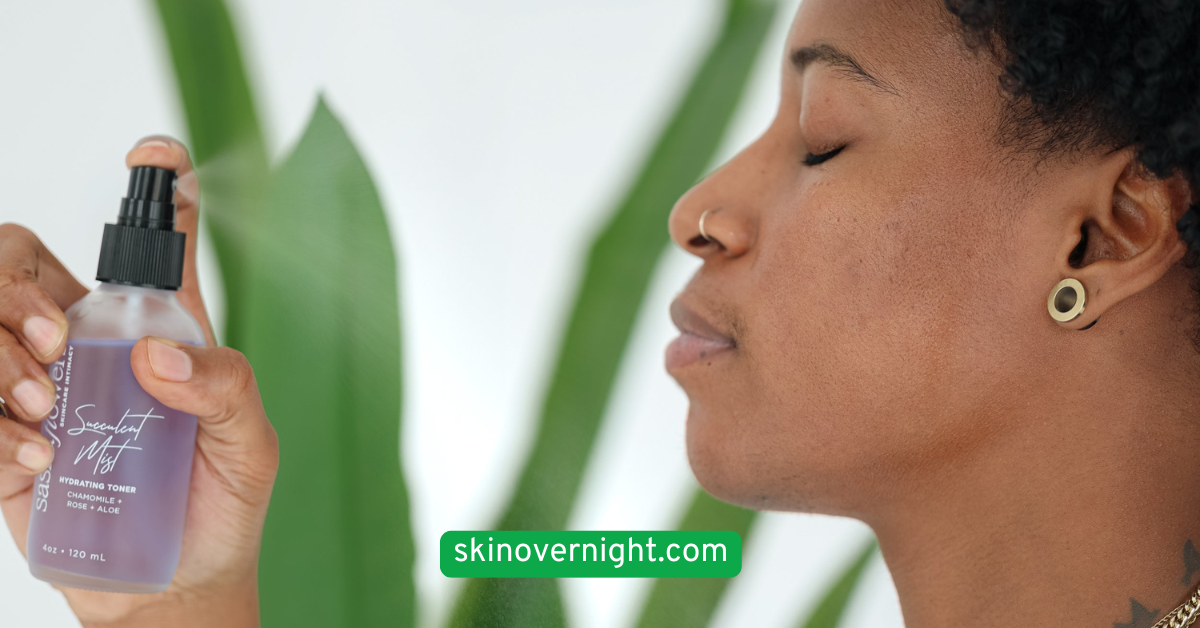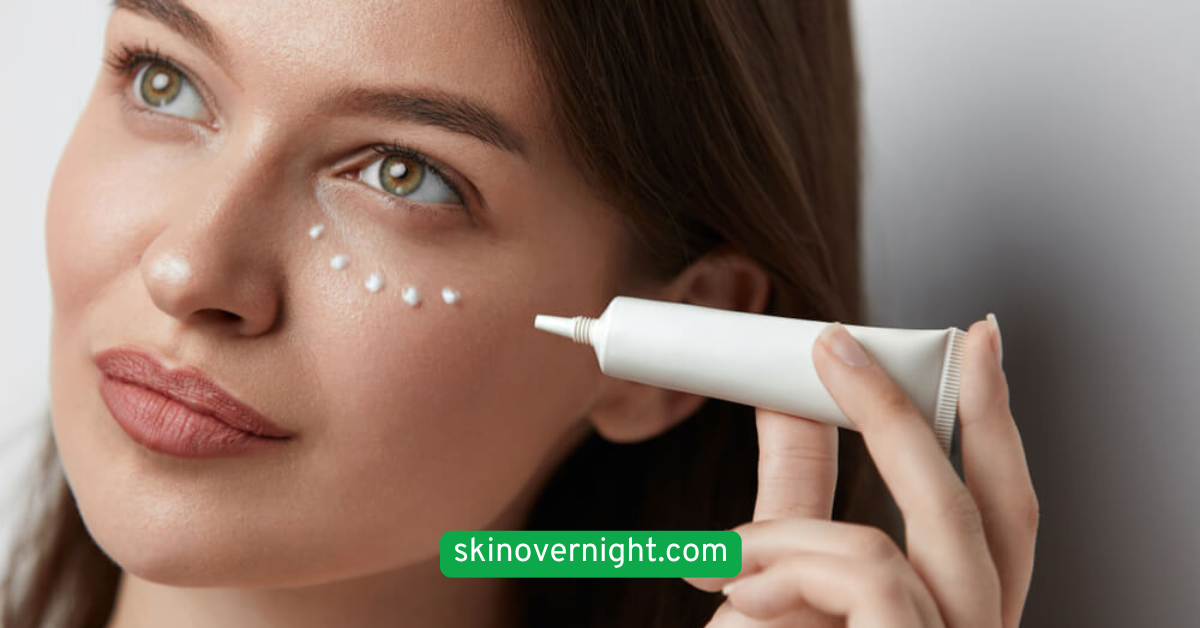15 Nourishing Night Skincare Tips for Deep Skin Repair
So, if you’re tired of dull, dehydrated, or uneven skin greeting you at sunrise, you’re in the right place. This guide will walk you through 15 nourishing night skincare tips that will help you deeply repair your skin, boost hydration, and wake up with a fresh, radiant glow—without breaking the bank or your sleep schedule. Let’s dive in and build your ultimate nighttime skincare routine, one glow-up step at a time!
1. Start with a Gentle Cleanser
Cleansing is the very first—and most important—step in your nighttime routine. Your face collects dirt, makeup, sweat, oil, and pollutants throughout the day. If left on the skin overnight, these impurities can clog pores, cause breakouts, and accelerate aging.Instead of harsh soaps or alcohol-based products that strip your skin’s natural moisture barrier, opt for a gentle, hydrating cleanser. Think cream cleansers, micellar water, or oil-based face washes. Double cleansing (oil cleanser followed by water-based) is especially effective for removing SPF and long-wear makeup.Look for ingredients like glycerin, chamomile, or aloe vera, which are calming and nourishing. Avoid sulfates, as they can be drying. A clean face allows your skin to absorb the products that follow—and trust me, that’s what makes the magic happen overnight.

2. Use a Hydrating Toner
After cleansing, your skin’s pH can become unbalanced. This is where a hydrating toner steps in—not the astringent, alcohol-heavy kind of the early 2000s, but skin-loving, moisture-replenishing toners that prep your face for the rest of your routine.Look for ingredients like hyaluronic acid, rose water, or green tea. These help to hydrate and calm the skin while providing a soft base for serums and moisturizers to penetrate more deeply. Bonus: many toners now double as mist sprays, so you can give your face a quick refresh before bed.Using a toner regularly also helps to refine pores, soothe inflammation, and even out texture over time. A few spritzes or a quick swipe with a cotton pad can be all it takes to make your next skincare steps more effective.

3. Apply a Nourishing Serum
If your skin had a best friend at night—it would be a repair-focused serum. Serums are concentrated formulas packed with active ingredients, and they’re designed to penetrate deeply and address specific concerns like wrinkles, dullness, or dehydration.At night, go for nourishing, regenerating serums that contain ingredients like peptides, ceramides, or retinol. Peptides help rebuild collagen, ceramides restore the skin barrier, and retinol speeds up cell turnover.For sensitive skin, a gentle retinol alternative like bakuchiol is a great option. And don’t forget hydration boosters like hyaluronic acid—your skin will drink it up while you sleep!Layer your serum after toner, pat it in gently, and give it a few moments to sink in before moving to the next step.

4. Don’t Skip Eye Cream
The under-eye area is the most delicate part of your face. It’s also one of the first places to show signs of fatigue, aging, and dehydration. That’s why applying a night-specific eye cream is a game-changer.Look for formulas with caffeine (to reduce puffiness), peptides (to firm), or vitamin K (to brighten). These ingredients work overnight to help smooth fine lines, reduce dark circles, and refresh tired-looking eyes.Gently pat a pea-sized amount using your ring finger—never rub. Remember, consistency is key. Over time, you’ll start noticing your under-eyes looking more refreshed and youthful each morning.

5. Try Overnight Face Masks
Think of overnight face masks as the overachievers of your skincare routine. These masks are designed to lock in moisture and deliver targeted treatments while you sleep, leaving your skin noticeably softer and smoother by morning.Some of the best ingredients to look for in sleeping masks include niacinamide, snail mucin, squalane, or centella asiatica. These soothe, repair, and hydrate deeply without clogging pores.Use an overnight mask 2–3 times a week, or whenever your skin feels extra dry or stressed. Apply as the final step in your routine to seal in all your prior products. Just remember—less is more. A thin layer will do the trick.

6. Use a Repair-Focused Night Cream
Night creams differ from day creams—they’re usually richer, more emollient, and packed with active ingredients that support your skin’s natural renewal cycle. And if you’re serious about overnight skin repair, this step is non-negotiable.Look for night creams with ingredients like retinoids (to renew), glycolic acid (to exfoliate), or ceramides (to repair the skin barrier). These work slowly overnight to rebuild collagen, fade pigmentation, and improve elasticity.Apply your night cream after serum or sleeping mask, depending on your routine. Massage it gently into your face and neck. Wake up with smoother, plumper, and more resilient skin.

7. Incorporate Facial Oils
For dry or aging skin, facial oils are a nourishing final layer. These oils don’t just hydrate—they help seal in moisture and boost skin barrier repair. Think of them as a protective cocoon for your face overnight.Depending on your skin type, choose from oils like argan (for hydration), rosehip (for brightening), or marula (for anti-aging). Apply just 2–3 drops after moisturizer or mix with your night cream.Facial oils also pair well with facial massage tools, helping to glide smoothly while promoting blood flow and product absorption.

8. Massage Your Face Gently
A few minutes of facial massage at night can make a world of difference. It boosts circulation, relieves tension, and helps products absorb more effectively into the skin.You can use your hands or tools like a jade roller, gua sha, or ice globes. Focus on upward, gentle strokes along your cheekbones, jawline, and temples.Facial massage not only improves tone and texture but can also enhance lymphatic drainage, which helps reduce puffiness. Plus, it’s a relaxing self-care ritual that signals to your body that it’s time to unwind.

9. Apply Lip Treatment Before Bed
Don’t forget your lips! They have no oil glands and are prone to dryness and cracking—especially at night. A nourishing lip mask or balm can keep them smooth and plump while you sleep.Look for ingredients like lanolin, shea butter, beeswax, or honey. These form a protective barrier that locks in moisture all night long.Gently exfoliate with a sugar scrub once or twice a week, then apply a thick layer of treatment before bed. You’ll wake up with soft, supple lips ready for the day.

10. Avoid Harsh Exfoliation
While exfoliation can be great for removing dead skin cells and brightening your complexion, doing it at night too often can be damaging. Over-exfoliation disrupts your skin barrier, leading to irritation and sensitivity.Limit exfoliating to 2–3 times a week. Use gentle chemical exfoliants like AHAs (lactic or glycolic acid) or BHAs (salicylic acid) rather than abrasive scrubs.Always follow with a calming moisturizer and skip active ingredients like retinol on exfoliation nights to avoid overloading your skin.

11. Keep Your Pillowcase Clean
Your pillowcase can be a breeding ground for bacteria, oil, and dead skin cells—all of which can transfer to your face and cause breakouts or irritation. That’s why it’s essential to change your pillowcase regularly, ideally every 2–3 days.Opt for silk or satin pillowcases, which are gentler on the skin and help retain moisture compared to cotton. These also reduce friction that can lead to sleep lines and wrinkles.A clean sleeping surface equals healthier, happier skin. It’s a small change that pays off big time.

12. Sleep on Your Back
This one might sound surprising, but your sleeping position affects your skin. Side or stomach sleepers often wake up with creases or puffiness caused by pressure on the face.Training yourself to sleep on your back can help prevent wrinkles, reduce puffiness, and maintain facial symmetry. If that’s tough, consider using a U-shaped or memory foam pillow to support the transition.It might take some time to adjust, but your skin will thank you in the long run.

13. Humidify Your Bedroom Air
Dry indoor air—especially during winter or with air conditioning—can dehydrate your skin overnight, leading to dullness, flaking, and tightness.Using a humidifier in your bedroom helps restore moisture to the air, creating a skin-friendly environment while you sleep. This is especially beneficial if you use active ingredients that can be drying.Look for quiet, easy-to-clean models, and run them regularly during your nighttime routine. Your skin will wake up feeling hydrated and refreshed.

14. Drink Water Before Bed
We often focus so much on external skincare that we forget how much internal hydration matters. Drinking a glass of water before bed helps keep your body—and skin—hydrated overnight.Avoid overdoing it, especially if it disrupts your sleep, but sipping water infused with lemon, mint, or cucumber can give your body and skin a gentle hydration boost.Remember, glowing skin starts from the inside out.

15. Be Consistent With Your Routine
The most powerful skincare secret? Consistency. You don’t need the most expensive products or complicated regimens—just regular, thoughtful care tailored to your skin’s needs.Commit to your nightly routine, adjust seasonally, and give your skin time to respond. Results don’t happen overnight, but consistency compounds. Within weeks, you’ll notice smoother texture, fewer breakouts, and that lit-from-within glow.

Conclusion
There you have it—15 nourishing night skincare tips to help your skin recover, repair, and wake up looking radiant every morning. From gentle cleansing to smart sleeping habits, every small step adds up to major skin improvements over time.Nighttime isn’t just for sleep—it’s when your skin does its best work. So treat your evening routine like a sacred ritual. Light a candle, turn on a soothing playlist, and let these skincare practices do their magic while you drift off.





